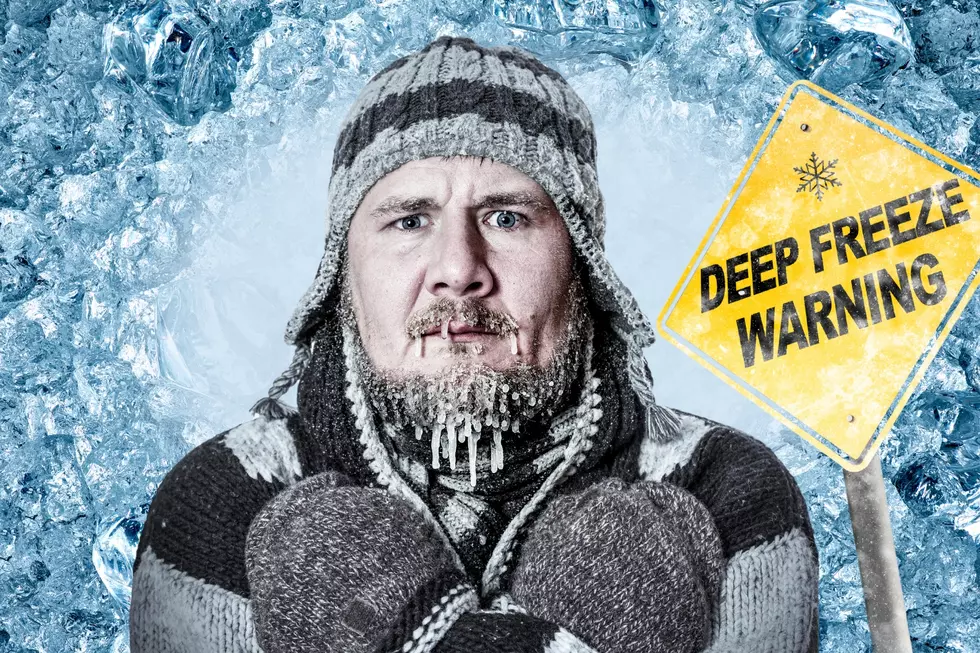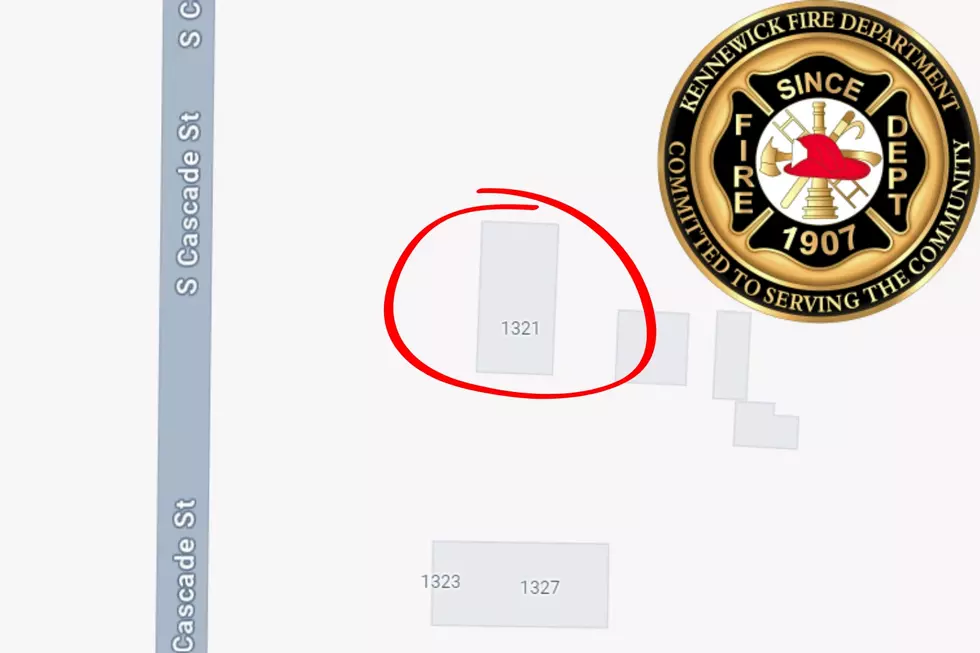
U.S. Supreme Court refuses to hear Arlene’s Flowers appeal
WASHINGTON, DC-The U.S. Supreme Court declined to hear the case of a Richland florist who refused service a same-sex marriage on religious grounds.
Arlene's Flowers owner, Barronelle Stutzman, was seeking an appeal of a Washington State Supreme Court decision that she broke state anti-discrimination laws.
Alliance Defending Freedom General Counsel Kristen Waggoner released the following statement:
“Although the outcome of this case is tragic, the critical work of protecting the First Amendment freedoms of all Americans must continue. No one should be forced to express a message or celebrate an event they disagree with. A government that can crush someone like Barronelle, who kindly served her gay customer for nearly a decade but simply declined to create art celebrating one sacred ceremony, can use its power to crush any of us regardless of our political ideology or views on important issues like marriage. Thankfully, other courts have recognized that the Constitution does not allow this. Unlike the Washington Supreme Court in Barronelle’s case, the Arizona Supreme Court and the 8th Circuit have ruled that the government cannot force creative professionals to create artistic expression that violates their religious beliefs. We are confident that the Supreme Court will eventually join those courts in affirming the constitutionally protected freedom of creative professionals to live and work consistently with their most deeply held beliefs.”
Washington State Attorney General Bob Ferguson also weighed in:
“This is a historic victory for equality. Discrimination on the basis of sexual orientation is not only wrong — it’s unlawful. Today’s decision by the U.S. Supreme Court puts an end to our case, and sends a message to the entire country that everyone, regardless of their sexual orientation, should be treated equally under the law.”
Justices Clarence Thomas, Samuel Alito and Neil Gorsuch said they would have agreed to hear the case and review the decision, however four justices are needed for the court to take a case.
More From 610 KONA









